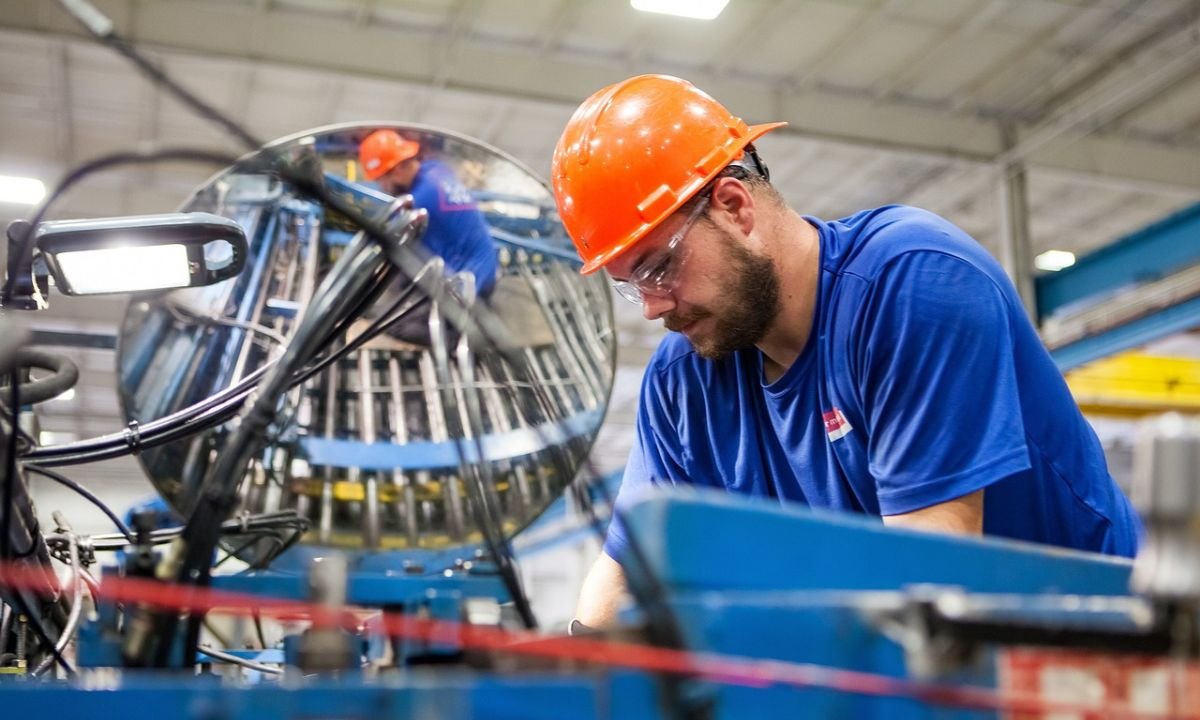Key Takeaways
- Smart manufacturing is revolutionizing the industrial sector.
- Integration of technology enhances efficiency and quality.
- There are various ways businesses can implement smart manufacturing practices today.
Technological innovations like Configure, Price, Quote (CPQ) solutions transform the manufacturing industry by streamlining complex sales processes and enabling greater customization. CPQ software empowers manufacturers to configure highly customized products quickly, calculate accurate pricing, and generate professional quotes in real time. By automating these steps, CPQ reduces the potential for errors and accelerates response times, allowing sales teams to provide faster, more accurate service to customers. With advanced technologies like AI and machine learning, CPQ systems can analyze past data and customer preferences, suggesting optimized configurations and pricing models that maximize profitability. Additionally, CPQ allows for seamless collaboration between sales, engineering, and production teams, ensuring that what’s quoted to the customer is precisely what’s manufactured. This efficiency level enhances customer satisfaction and boosts manufacturing productivity, making CPQ a powerful tool in the industry’s push toward more innovative, more adaptable production processes.
Introduction to Smart Manufacturing
Smart manufacturing marks a transformative shift in how industries approach production, marrying cutting-edge technology with established manufacturing principles to unlock new efficiencies and innovations. This approach leverages powerful tools such as automation, data analytics, and advanced robotics, allowing industries to improve productivity and achieve higher operational efficiency than ever before. A core component of this shift includes solutions like CPQ for manufacturing, which empower businesses to effectively customize and optimize their production processes, ensuring they maintain a competitive edge in an ever-evolving market landscape.
As the industrial sector continues to undergo significant transformations, businesses increasingly embrace digital transformation as a pathway to sustainable growth. This digital shift does more than streamline operations; it offers many new opportunities for exponential growth and development. By tapping into these advancements, industries can position themselves as leaders at the forefront of global modernization, redefining the future trajectory of manufacturing.
Key Technologies Driving Change
Critical technologies like the Internet of Things (IoT), Artificial Intelligence (AI), and machine learning are at the center of this transformation, all of which are reshaping the manufacturing landscape. The integration of these technologies offers unprecedented insights and understanding of production environments, enabling companies to make data-driven decisions that significantly enhance operational efficiency. Automation and robotics, now core parts of the manufacturing floor, have revolutionized labor-intensive tasks, ensuring greater accuracy and reducing manufacturing errors while freeing skilled workers to engage in more strategic tasks.
Furthermore, the role of edge computing in smart manufacturing is becoming increasingly vital. By processing data close to the source, edge computing minimizes latency, enhances real-time analysis, and fosters more responsive and proactive production strategies. This technological ecosystem collectively enhances product quality and operational efficiency, driving sustainable growth and innovation.
Benefits of Smart Manufacturing
The advantages of smart manufacturing practices are substantial, offering transformative impacts across various areas of operation. One of the most significant benefits is improving operational efficiency, as streamlined processes significantly reduce waste and production costs. The increased flexibility that smart manufacturing provides enables businesses to adapt to market changes swiftly. At the same time, sophisticated data analytics offer deeper insights into consumer behavior and preferences, allowing for greater product customization and differentiation.
Moreover, smart manufacturing prides itself on elevating product quality. Companies can meet the growing consumer demand for high-quality and meticulously crafted goods through precision and consistency. This focus on quality satisfies consumer expectations and ensures compliance with international quality standards, bolstering brand reputation and enhancing customer satisfaction in the competitive marketplace.
Implementing Smart Manufacturing Practices
Embarking on the intelligent manufacturing journey requires a comprehensive evaluation of existing operations to identify areas ripe for technological transformation. Investing in workforce training and education is imperative, as it equips employees with the necessary skills and knowledge to effectively engage with and utilize new technologies. Furthermore, building strategic partnerships with technology providers can facilitate a smoother and more efficient implementation of intelligent solutions.
Adopting a phased approach proves invaluable in navigating the transition effectively. Companies can mitigate potential risks by initiating pilot projects and gradually scaling up and adapting their strategies based on real-world learning and feedback. This strategic approach nurtures a culture of continuous improvement and innovation, paving the way for long-term success in the ever-evolving industrial landscape.
Challenges and Considerations
While the benefits of intelligent manufacturing are extensive, the transition does present several challenges that require careful consideration. One of the primary barriers is the high initial cost associated with implementing advanced technologies. Additionally, as manufacturing processes become increasingly interconnected, concerns regarding data security become more pronounced, necessitating robust cybersecurity measures to safeguard sensitive information from potential breaches and unauthorized access.
Addressing these challenges effectively requires strategic planning and prioritization of investments in comprehensive security infrastructure. Fostering a culture of cybersecurity awareness and best practices among employees is equally essential. Collaboration among manufacturers, technology experts, and regulatory bodies is crucial to establishing industry standards and protocols that protect data integrity while enabling technological advancements.
Future Trends in Industrial Manufacturing
The future of industrial manufacturing holds immense promise, with emerging technologies such as 5G connectivity and blockchain poised to revolutionize operations further. The advent of 5G technology offers seamless and rapid machine-to-machine communication, supporting the proliferation of IoT devices on the factory floor. This enhanced connectivity enables real-time data access, allowing manufacturers to monitor, analyze, and adjust production processes swiftly and effectively.
Moreover, blockchain technology brings unparalleled transparency and immutability, offering manufacturers new tools to enhance supply chain visibility and traceability. As these technologies continue to evolve and integrate into manufacturing processes, they promise to foster more efficient, transparent, and sustainable practices that will shape the industry’s future for years to come.
Conclusion
The advent of smart manufacturing signals a new era of transformation within the industrial sector. By embracing technological advancements, businesses are unlocking new potential for growth and sustainability and paving the way for greater innovation within production processes. As industries harness the power of smart manufacturing, they position themselves to thrive in a rapidly changing global market, driving progress and innovation to unprecedented heights.











